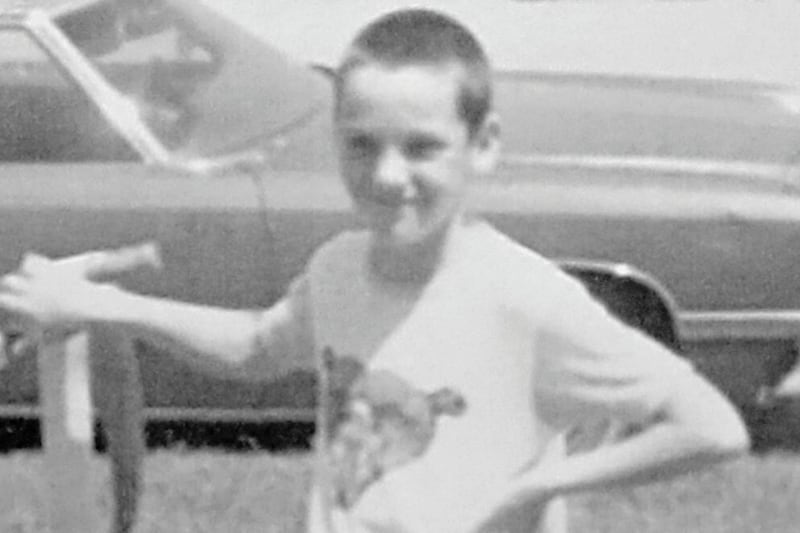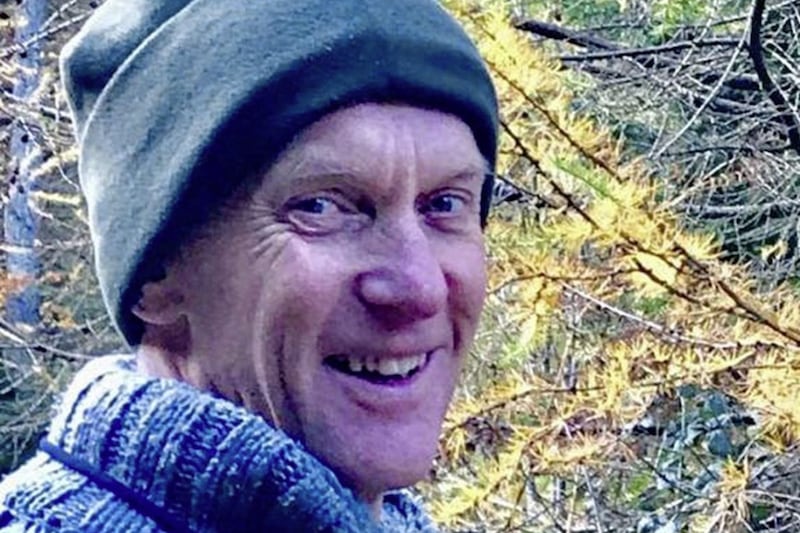THE British Army knew it was too dangerous to fire rubber and plastic bullets at children in Northern Ireland but continued to do so, a BBC investigation has found.
BBC Spotlight has claimed both the army and police were involved in a cover-up regarding the deaths of children killed by the bullets during the Troubles.
Due to be broadcast on Tuesday, BBC Spotlight programme, `Lethal: The Secret History of Plastic Bullets' reveals how documents showed that the RUC was firing a plastic bullet gun which was never fully cleared for use against people.
The gun firing rubber, and later plastic, bullets was invented for Northern Ireland and designed to deter people rioting by hurting but not killing them.
At least 120,000 rounds were fired during the Troubles.
Read More
- Disgust at discovery that plastic bullet death files are closed for up to 84 years
- Boy's killing by army rubber bullet in Belfast in 1972 unjustified, says coroner
A total of 16 were killed by rubber or plastic bullets during the Troubles while a 17th person was killed by a fall, possibly after being hit by one of the bullets.
While some of these people were involved in street disorder, others were bystanders. Eight of those killed were children.
Some others suffered serious injuries, including brain damage and blinding.
Stephen Geddis, who was 10, was killed when he was hit by a British Army plastic bullet at Divis Flats in Belfast in 1975.
Speaking to BBC NI's Spotlight programme, the child's brother, Jim Geddis, said: "I remember him being fairly timid. A quiet kid. I'd see him with his little friends. Just an unassuming kid.
"This little guy never got to grow up and get married, have children of his own. Never happened," he said.
An inquest into the child's death found he had been out playing at the time of the tragedy and there was no justification for his shooting.
Documents uncovered during the inquest revealed that in 1971 the British army's own Land Operations Manual stated baton rounds should not be used against children.
But this instruction was never passed on to soldiers.
Padraig O'Muirigh, the Geddis family's solicitor, claimed it proved "evidence of a cover up".
A Ministry of Defence spokesperson said it would be inappropriate to comment because the soldier who shot Stephen is legally challenging the inquest findings.
In a statement to Spotlight, Assistant Chief Constable Alan Todd said the police service had reformed considerably over the last four decades, adding that deployment and use of these weapons was now strictly regulated and approved.
Colonel Richard Kemp, who commanded British troops, said: "To say that the plastic bullets should never have been used, I think is a foolish thing to say.
"The plastic bullet was a lifesaver, not just a lifesaver for the soldiers whose lives were at risk, but also a lifesaver for people involved in the riots."
BBC Spotlight Lethal: The Secret History of Plastic Bullets will be broadcast on BBC One Northern Ireland at 10.40pm on Tuesday








